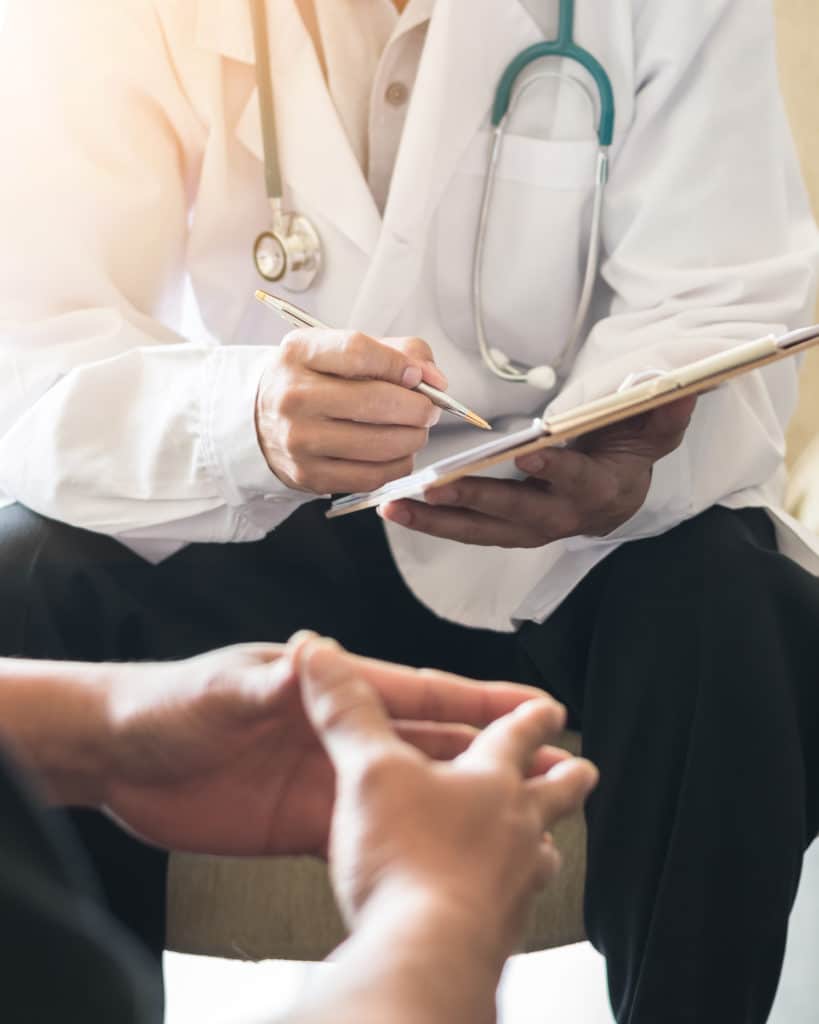
Signs and Symptoms
Common Signs and Symptoms of Postpartum Depression
Postpartum depression can manifest in a variety of emotional, behavioral, and physical symptoms. While every woman’s experience is unique, some of the most common signs and symptoms of postpartum depression include:
Emotional Symptoms:
Persistent feelings of sadness, hopelessness, or emptiness.
Uncontrollable crying spells.
Intense mood swings.
Feeling disconnected or numb.
Overwhelming anxiety or panic attacks.
Behavioral Symptoms:
Difficulty bonding with your baby.
Avoiding family and friends, or feeling isolated.
A lack of interest in hobbies or activities you used to enjoy.
Trouble concentrating or making decisions.
Physical Symptoms:
Fatigue and exhaustion that don’t improve with rest.
Difficulty sleeping (even when your baby is sleeping).
Changes in appetite (eating too much or too little).
Physical aches and pains with no apparent cause.
Severe Symptoms:
Thoughts of harming yourself or your baby.
Intrusive or scary thoughts that are difficult to control.
If you’re experiencing any of these symptoms, it’s important to seek help from loved ones and trained professionals. At Water Gap Wellness Center, we specialize in creating personalized programs to address postpartum depression, helping you regain balance and rediscover the joy in motherhood.










